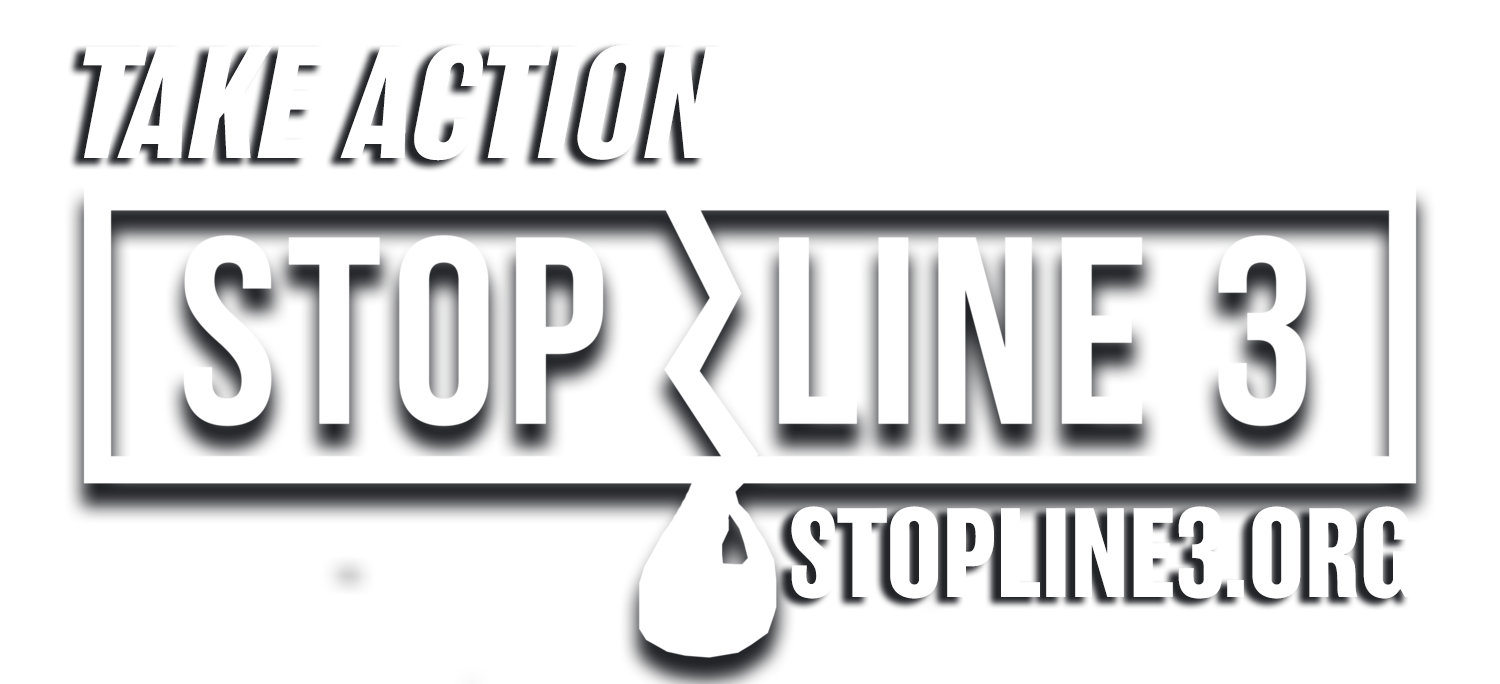Photo by Sadie Luetmer
MINNESOTA POLLUTION CONTROL AGENCY TO HOLD CONTESTED CASE HEARING ON ENBRIDGE LINE 3 WATER PERMIT
The hearing will likely further delay construction on the $2.8 billion oil pipeline that will stretch 340 miles across northern Minnesota.
WRITTEN BY: JIMMY LOVRIEN | JUN 3RD 2020 - 3PM.
The contested case hearing will put the proposed 340-mile pipeline's 401 certification, a permit awarded by a state's regulators if the project's impact on water falls within the state's standards, in front of an administrative law judge to examine additional evidence and testimony on the project. Federal agencies cannot issue a federal permit or license without a state approving the 401 certification.
In February, the MPCA released a draft of the permit ahead of a public comment period and said it believed the project met the water quality rules. But on Monday, June 1, the agency said the permit's public comment period drew more than 20 requests for a contested case hearing on the permit and the agency "determined that requests related to wetlands and stream protection issues met the threshold to grant a hearing."
“The MPCA is committed to ensuring its 401 water quality certification provides robust and comprehensive protections to Minnesota’s waters and that the agency follows all permitting requirements under the law,” MPCA Commissioner Laura Bishop said in a news release Wednesday, June 3. “The contested case hearing will help ensure the certification is protective of one of Minnesota’s most important resources.”
In a statement, the Sierra Club, one of the environmental groups that asked for a contested case hearing, celebrated the MPCA's decision.
“We’re glad to see Laura Bishop and the PCA recognize the critical need for more analysis and public input on the threat Line 3 would pose to Minnesota’s clean water,” Margaret Levin, director of the Sierra Club North Star Chapter, said. “This tar sands pipeline would be a disaster for our waterways and communities, and we are confident that if the MPCA truly listens to public input and follows the science, it will be clear that the only responsible course of action is for the PCA to reject this pipeline permit once and for all.”
Winona LaDuke, co-founder and executive director of Honor the Earth, a native-led environmental group, also applauded the decision in a statement, but said she was "dismayed" the MPCA isn't considering the impacts an oil spill from Line 3 would have on Lake Superior or wild rice.
The group is considering a "judicial appeal of the MPCA’s abdication of its legal duty to protect Minnesota from oil spills," LaDuke said.
To accommodate the hearing, the U.S. Army Corps of Engineers extended its deadline to Nov. 14, the final day the MPCA can make a decision on the permit under the Clean Water Act, which requires the permit to be approved or denied within one year of the application being filed. At that point, it will then be sent to the Army Corps for final approval to ensure it meets Section 404 of the Clean Water Act.
Read more: (click here)
Photo by Sadie Luetmer
MINNESOTA POLLUTION REGULATORS MAKE DECISION THAT WILL DELAY $2.6B ENBRIDGE PIPELINE PROJECT
The MPCA had an Aug. 15 deadline to decide on water-quality permits for construction of the 340-mile pipeline across northern Minnesota. That deadline will be moved to Nov. 14 because of the “contested” status.
The MPCA’s 401 water-quality review for Line 3 goes in tandem with the Army Corps’ “404” review.
The state was supposed to complete the 401 by Aug. 15, or the Army Corps could simply go ahead and issue its 404 permit. The Army Corps approved extending the deadline. Both water-quality permits are necessary as the new pipeline would cross 212 waterways, and construction would affect over 700 acres of wetlands.
Environmental groups mostly praised the MPCA’s decisions.
“We’re glad to see Laura Bishop and the PCA recognize the critical need for more analysis,” said Sierra Club North Star Chapter director Margaret Levin in a statement.
“If the PCA truly listens to public input and follows the science, it will be clear that the only responsible course of action is for the PCA to reject this pipeline permit once and for all.”
Read (click here)



